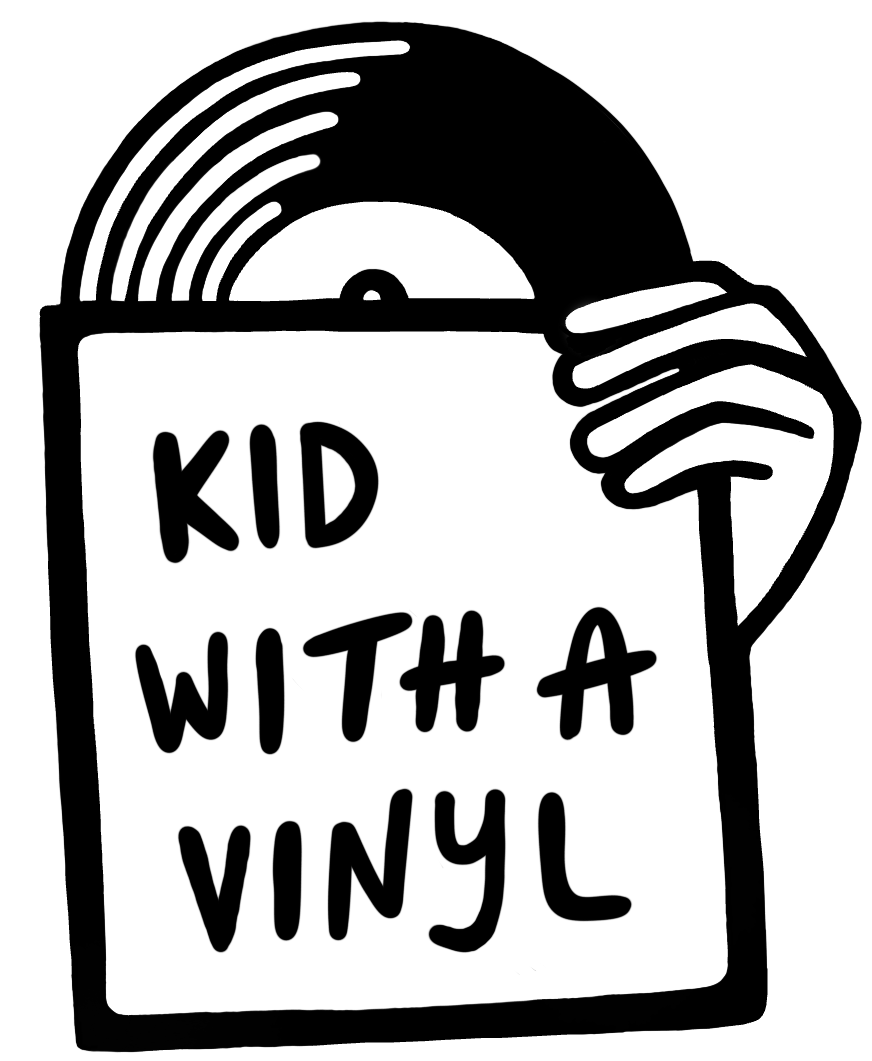
Superfan is the solo indie pop project of Los Angeles based artist Kali Flanagan. Later this summer, he will release his debut album Tow Truck Jesus, which will address topics from identity and relationships to navigating the complexities of adulthood, all expressed through an ironically pathos-heavy “deadpan” delivery as well as instrumentals brilliantly on the line between soft dream pop and gritty, guitar-based rock. As Flanagan’s voice evolved through Hormone Replacement Therapy, the creation of this album became “a reflection of his personal journey, addressing themes of desire, dysphoria, and self-acceptance with poignant lyricism;” in this regard, ultimately Tow Truck Jesus will be a “testament to the universal journey of self-discovery and growth.”
“Twilight Living,” his most recent single following “Sewn Up and Handsome,” “Your Desire In Food,” and “75 Germany,” is a bit more upbeat, leaning further into grunge and a bit of shoegaze. Written “during a state of disassociation following a minor car accident,” the track has a slight hypnagogic aura underneath the gritty guitars and propulsive percussion, which mirroring the esoteric lyrics. All of this results in a track that brilliantly represents the re-gaining of self after circumstance as well as the simultaneous killing of said ego: “Give me confirmation there’s a human in this/ It takes strength to remember how to forget,” Flanagan asks, the instrumentals expelled like plumes of exhaust fleeing the scene; “I want to be anonymous,” he concludes.
Tow Truck Jesus is out 6/28. Pre-order it here.
P
photo courtesy of artist








